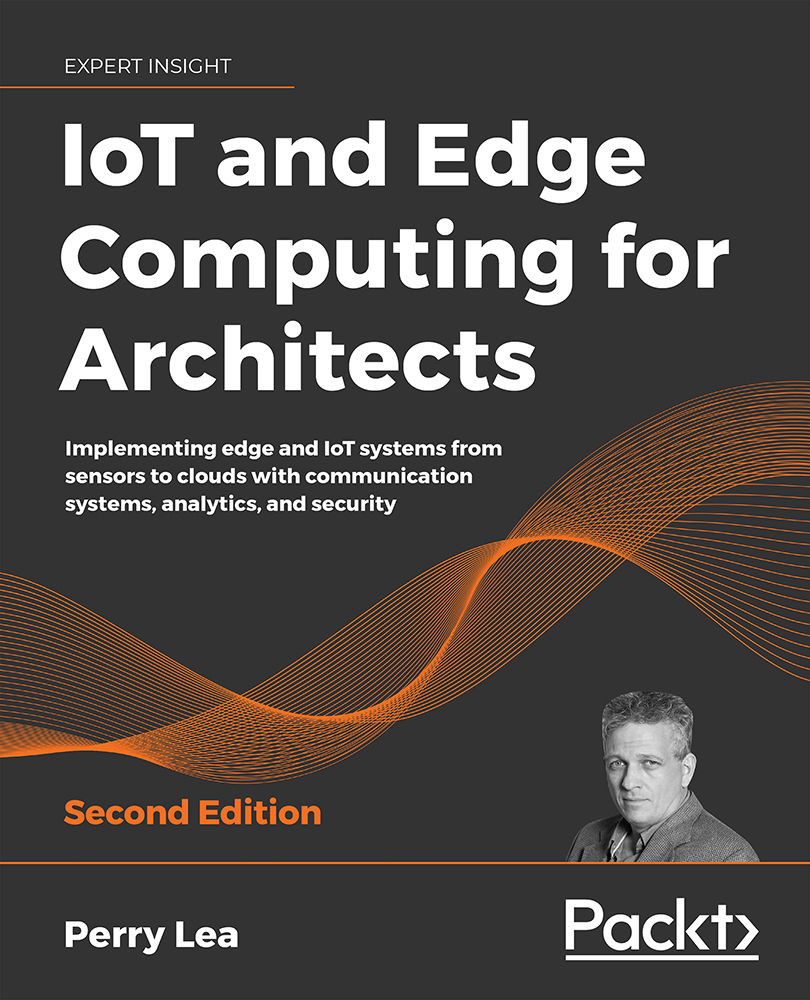Summary
Collecting, analyzing, and acting upon data and deriving meaningful conclusions from a sensor is the goal of IoT. When we scale to thousands or to millions and potentially billions of objects communicating and streaming data nonstop, we have to introduce advanced tools to ingest, store, marshal, analyze, and predict meaning from this sea of data. Cloud computing is one element in enabling that service in the form of clusters of scalable hardware and software. Fog computing brings cloud processing closer to the edge to resolve issues with latency, security, and communication costs. Both technologies work together to run analytics packages in the form of rules engines with complex event processing agents. Choosing the model of cloud providers, frameworks, fog nodes, and analytics modules is a significant task and much literature goes deep into the semantics of programming and building these services. An architect must understand the topology and the end goal of the system to...






































































